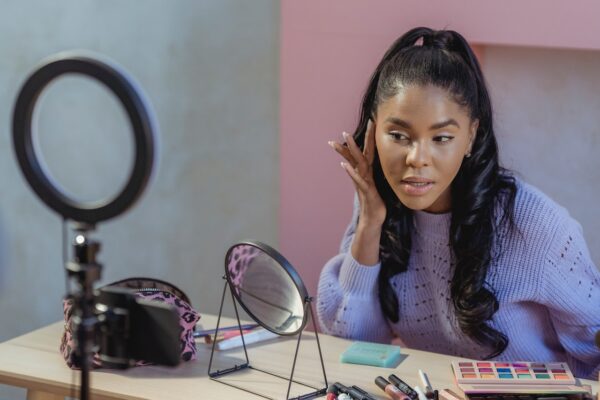Last November, TikTok competitor Triller promised Black influencers $14 million in capital in an effort to promote more content from people of color. Creators are now saying that the company hasn’t lived up to its commitment.

Triller is majority-owned by former Relativity Media chief Ryan Kavanaugh. According to a Reuters report in June, the social media platform was preparing for an initial public offering.
As part of a program launched to assist Black creators to monetize their content, Triller guaranteed monthly payments of $4,000 that would be paid to creators in cash and equity in the company. Uploading eight videos each month is the contractual requirement for creators to cash in on their creativity. But, nearly a year after Triller began recruiting Black talent, many Black creators interviewed by The Washington Post told the company that payments have been inconsistent, with some never receiving compensation for their work at all.
Twenty-two-year-old creator David Warren, who boasted more than half a million followers on Tik Tok, thought the deal Triller was offering would be a breakthrough for him. He signed on for a year-long deal with Triller. And, he told The Washington Post, he’s still waiting to be fully compensated.
“This program was meant to make us financially free and to empower Black people,” he said. “They told us that so much was going to happen for us.”
“We were made to look like fools,” Warren said.
Mahi da Silva, Triller’s CEO, admitted that “some agreements took longer than expected.” However, he also claimed that Triller “has met its financial commitments to the creators in this program and will continue to do so.”
The contract payments to Black creators are minuscule compared to the payouts received by some of TikTok’s most followed influencers. During the pandemic, TikTok saw its user count rise exponentially. Nationwide lockdowns transformed the platform into an entertainment destination with millions of views generated from posts ranging from the latest dances to popular songs and other viral challenges.
TikTok was called out after Black creators accused the social video company of limiting the reach of its content after noticeable major declines in viewership and engagement when posting content in support of the Black Lives Matter movement following the death of George Floyd and subsequent protests. According to Business Insider, 59 percent of Black influencers say that posting about race negatively impacted them financially, compared against just 14 percent of white influencers who reported such an impact.
Black influencers also claimed that TikTok’s algorithm is racially biased by favoring content from white creators. Black online influencers typically earn 35 percent less than their white counterparts.
Amid erratic payments from Triller, Black influences have also called the company out for other onerous terms, such as limiting their posts on its rival TikTok’s platform as well as continually promoting Triller’s brand in posts.
Recently some creators went on Twitter to further denounce Triller’s partnership with Black creators and how the company has failed them.
“Triller knows how powerful black voices… and that is why they are going to do everything they can to cover this story up,” one user tweeted. “To this day, multiple creators have not been paid by Triller and there is no telling when, or how, they will receive their money.”




